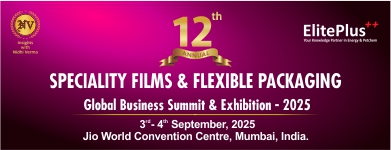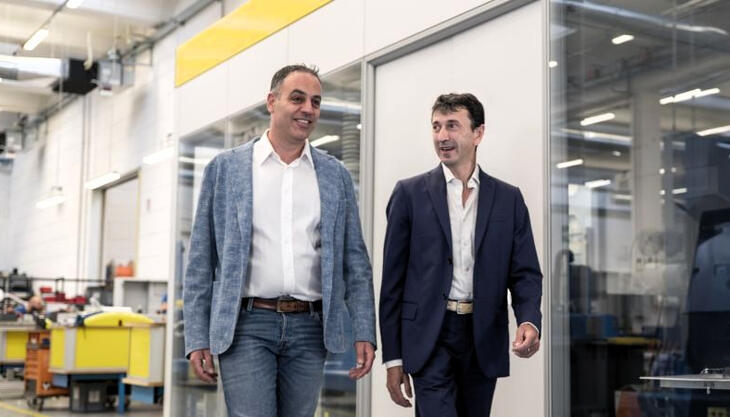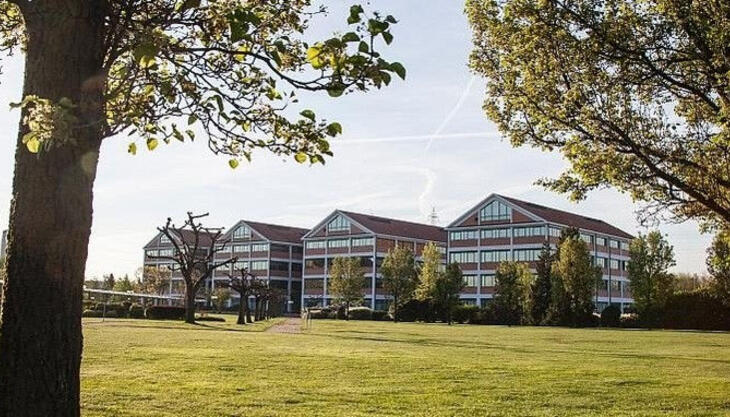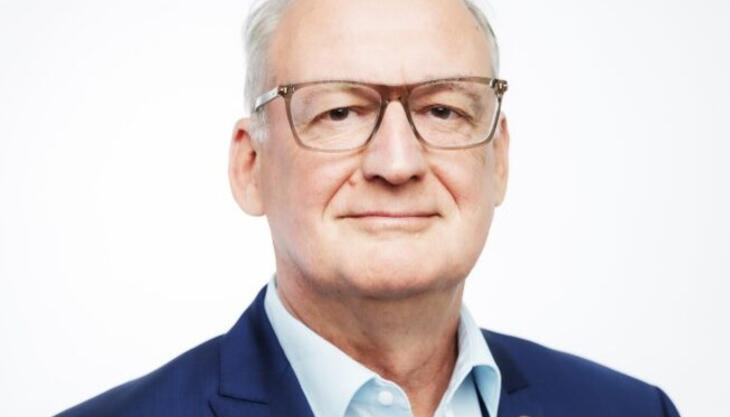PVC: increasingly green and recycled in Europe
In 2013 over 444,000 tons of PVC were recycled under the VinylPlus programme, a figure in line with the target of 800,000 tons/year by 2020. This is the outstanding result of the sustainable development programme for the European PVC industry presented at the Vinyl Sustainability Forum - with MacPlas as media partner - held on May 8 in Rome.
"We are very proud to show how VinylPlus is constantly progressing towards its goals. At the heart of our commitment to this progress lies the close co-operation established between the sectorial groups of the PVC industry, the enterprises, the national associations and the concrete contribution of our stakeholders. It is therefore appropriate that this year's event should focus on the theme 'enhancing the value of partnerships and their contribution to a more sustainable future'. Our commitment is strong and we will continue to guarantee our best efforts in guiding the PVC industry towards a greener economy and promoting a more sustainable model of global industrial production by disseminating our approach, experience and best practices", said Michael Träger, president of VinylPlus, welcoming the delegates and speakers, who included representatives of Italian, European and international institutions, NGOs, distributors and representatives of the global PVC industry.
In her address, Rossella Zadro, environment councillor of the municipality of Ferrara, emphasised the importance of positive cooperation between public authorities and local enterprises: "It is very important that public authorities listen to, understand the needs of, and establish an ongoing dialogue with the enterprises in their respective territories, as is the case of Ferrara with VinyLoop" (a company engaged in PVC recycling through innovative processes). "Building on this basis, public authorities can play a pro-active role in proposing projects and initiatives that benefit everyone".
In 2013, the possible impact of EU recycling regulations relating to the presence of "legacy additives" in PVC waste has posed a serious challenge to the industry, because it may reduce the amount of recyclable PVC available. This concern also extends to many other materials. VinylPlus has been greatly committed to addressing this issue with the competent authorities and last year recorded an 81.4% decrease in the use of lead stabilisers in 27 European countries compared with the 2007 figure, a result that is in line with the objective of their complete phasing out by 2015. In 2014, these efforts will involve the 28-member EU.
A key goal of the VinylPlus programme is to raise general awareness of sustainability. In 2013, this voluntary commitment and its advances and results were presented at conferences, trade shows and events at European and global level, such as the European Commission's Development Days on international affairs and cooperation development. In November 2013 VinylPlus officially became part of the Green Industry Platform (GIP), a joint initiative of the United Nations Industrial Development Organisation (UNIDO) and the United Nations Environment Programme (UNEP). "UNIDO is particularly proud of having an industrial partnership such as VinylPlus within the Green Industry Platform. The important results achieved recently show that enterprises have the natural capacity to transform themselves and innovate and to take the initiative to establish significant milestones towards sustainability, creating a more inclusive and sustainable model of industrial development. This partnership model is therefore hugely important not only in the European context, but also for the developing and transitional economies that have just started out on the road to sustainable economic growth," said Barbara Kreissler, Business Partnerships Group head for Unido.



















